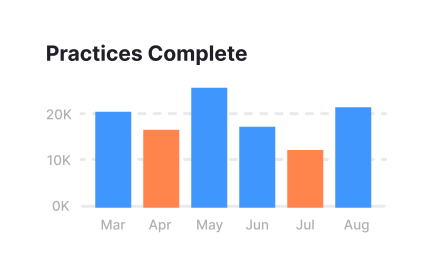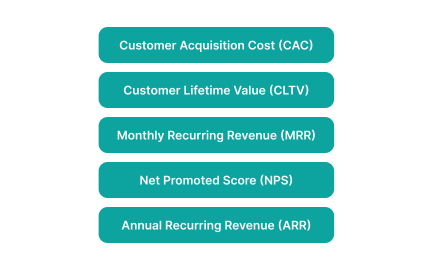Business Intelligence Tools
Business intelligence tools collect and analyze data to support product and business decision-making.
What are Business Intelligence Tools?
Business intelligence (BI) tools collect, process, and visualize data from multiple sources to help organizations make informed decisions based on comprehensive information rather than intuition or partial data. These platforms transform raw data into dashboards, reports, and interactive visualizations that reveal patterns, trends, and insights across business operations, customer behavior, and market conditions.
BI encompasses data warehousing, analytics platforms, visualization software, reporting tools, and self-service analytics that democratize data access across organizations..
Business Intelligence Across Product Management
Product managers use BI tools throughout product lifecycles to understand market opportunities, measure feature success, and optimize user experiences based on comprehensive data analysis.
Market analysis and competitive intelligence
Understand industry trends, competitive positioning, and customer behavior patterns. Uber's product teams use BI tools analyzing ride patterns and demand forecasting, identifying new service opportunities like UberEats from delivery demand data hidden in their transportation platform.
User behavior analytics and insight generation
Deep dive into product usage patterns revealing optimization opportunities and user needs. Pinterest product managers discovered through BI analysis that users creating boards within their first session have 4x higher retention rates, completely reshaping their onboarding strategy and new user experience.
Performance monitoring and KPI tracking
Track product metrics in real-time enabling rapid response to performance changes. Airbnb's BI dashboards alert product managers when booking conversion rates drop in specific markets, enabling immediate investigation and response before revenue impact compounds.
ROI measurement and business impact quantification
Measure exact business impact from product changes and feature launches. Amazon product managers use BI tools tracking revenue attribution for every A/B test and feature rollout, enabling precise ROI calculation and investment optimization decisions.
Business Intelligence Technology Stack
Enterprise BI platforms:
- Tableau: Visual analytics leader with powerful data manipulation capabilities
- Power BI: Microsoft-integrated solution excellent for Office ecosystem users
- Looker: Code-based modeling approach strong for technical teams and governance
- Qlik Sense: Associative analytics model enabling intuitive data exploration
Cloud-native BI solutions:
- Domo: All-in-one cloud platform combining data integration and visualization
- Sisense: AI-powered analytics simplifying complex data analysis
- ThoughtSpot: Search-driven analytics enabling natural language queries
- Datadog: Operational intelligence focused on system and application monitoring
Open source alternatives:
- Apache Superset: Modern, feature-rich business intelligence platform
- Metabase: User-friendly interface with quick setup and deployment
- Redash: Developer-focused platform with strong SQL support
- Grafana: Time-series visualization excellent for operational dashboards
Specialized analytics tools:
- Google Analytics: Web traffic and user behavior analysis
- Mixpanel: Product analytics and user journey tracking
- Heap: Behavioral analytics with automatic event capture
- Segment: Customer data platform integrating multiple tools
Recommended resources
Courses

UX Research

Product Analytics








